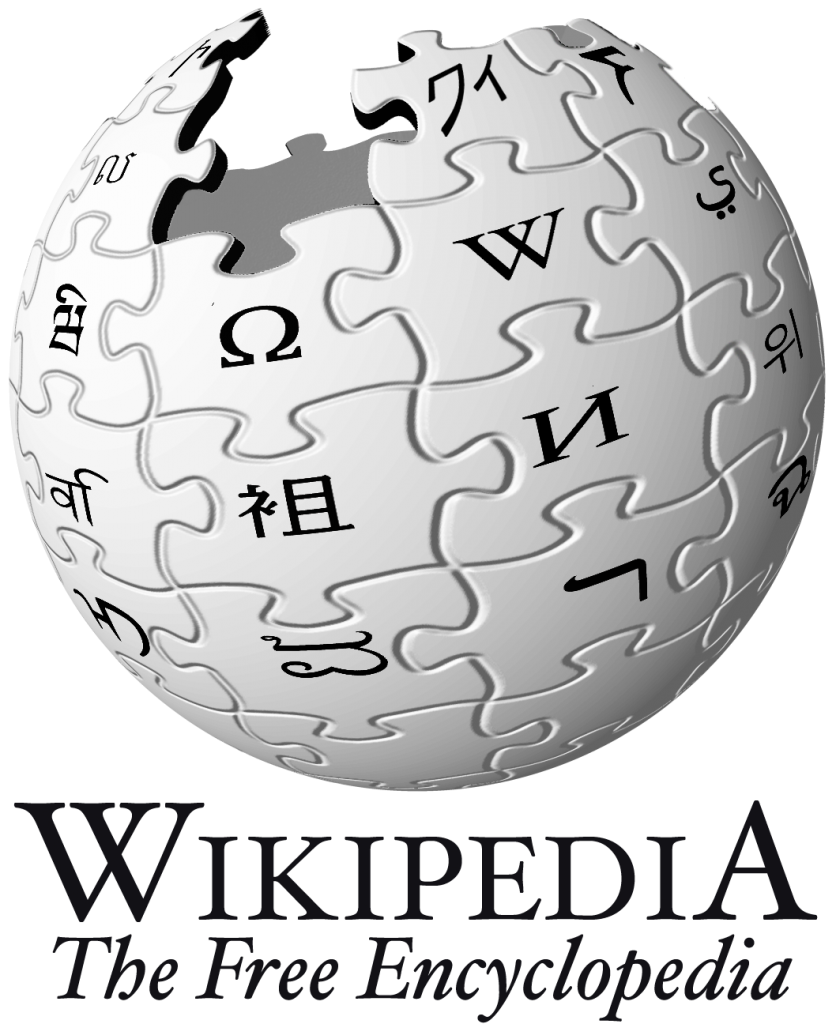Wikipedia has banned 381 accounts for “black hat” editing – editors who agreed to undisclosed paid advocacy, altering the content of Wikipedia articles to paint businesses and individuals in a positive light in exchange for money.
The bans are the result of an investigation that “began in early July.” Editors called the investigation “Orangemoody,” after the name of the first sockpuppet account that was discovered. (Sockpuppets, secondary accounts used by users who falsely claim not to be affiliated with the people or organizations whose Wikipedia entries they’re editing, among other things, are banned by the site’s terms of service.)
The editors announced the bans on the online encyclopedia’s Administrators noticeboard. The Wikimedia Foundation also announced the bans in a statement posted on the Foundation’s blog.
“Most of these articles, which were related to businesses, business people, or artists, were generally promotional in nature, and often included biased or skewed information, unattributed material, and potential copyright violations,” writes Ed Erhart and Juliet Barbara. “The edits made by the sockpuppets are similar enough that the community believes they were perpetrated by one coordinated group.”
It’s worth noting that it’s not actually against Wikipedia rules to be paid for making edits – many museums, universities and research institutions around the world ask staff to keep certain entries up to date. Doing it without disclosing the fact, though, is different.
The company changed its policies to specifically ban the practice two years ago, after it emerged that PR agencies had been paying contributors to write favorable articles about their clients. More than 300 accounts were banned. Editors of Wikipedia are now required to disclose their employer or client or any affiliation from which they receive a compensation. Such editors with a conflict of interest are advised not to edit articles in which they would have an interest as a result.



